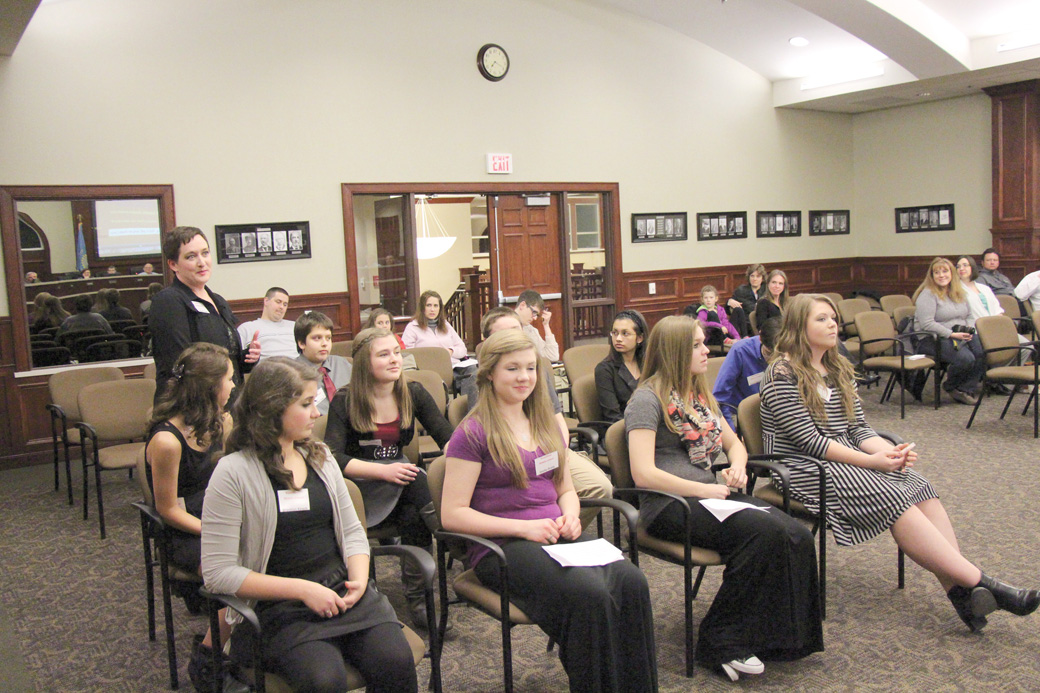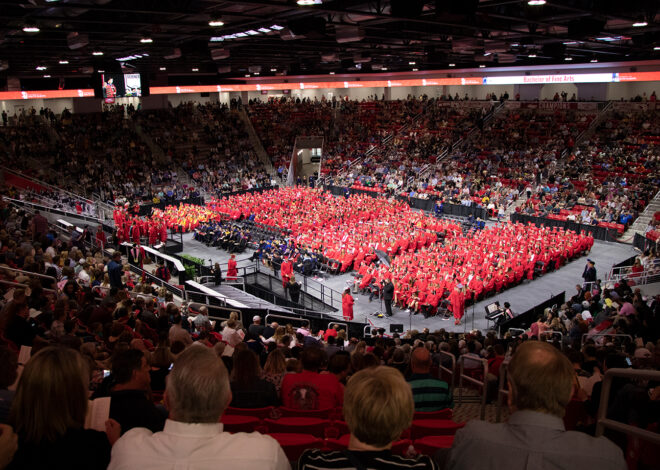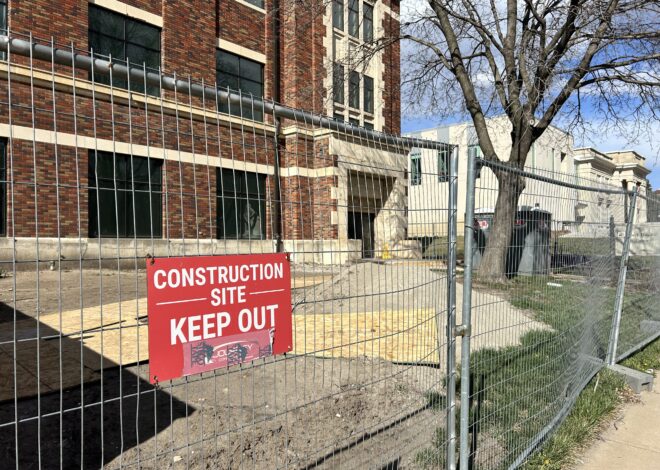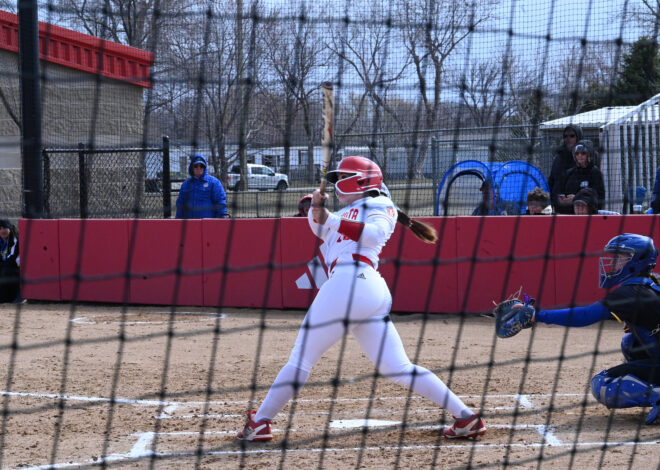
Vermillion Middle School students study Asian Carp, win SD Samsung STEM contest
Students from Natasha Gault’s Vermillion Middle School eighth grade science class spoke to the Vermillion City Council about how the possible intrusion of Asian Carp in the Missouri River could be detrimental to the ecosystem that flows through the area.
Because of their efforts, the class won $20,000 worth of technology from Samsung for their research and presentation on Asian Carp.
“These invasive fish eat, grow and reproduce in ways that are superior to native species,” said Madyson Gilbertson, student at VMS.
Asian Carp can change the water quality in the river, disrupt the food webs of native fishes by eating Plankton on the bottom of the river and eventually reduce the population of fish in the river, according to research by South Dakota State University.
The fish is most notably known for jumping up to 10 feet out of the water. Often times they hit boaters and can even cause injury.
Asian Carp can swallow eight swimming pools worth of water and eat Plankton up to 10 percent of their body weight. They grow up to 10 inches in their first year of life and can spawn up to 48 million eggs in their lifetime.
“It’s concerning to me that this is such a big problem and none of (the council) has ever heard about it before,” said Steve Ward, city council member and University of South Dakota faculty.
Asian Carp is listed on the South Dakota Department of Game, Fish and Park’s list of least wanted species. The fish is considered an Aquatic Invasive Species and is illegal to transport or sell in the state.
The Asian Carp was introduced to the United States in the 1970’s in Arkansas. The fish has made its way up the Mississippi River and parts of the Missouri River.
“Asian Carp are here in our own backyards,” said Brooklyn Kirsh, VMS student.
The class will represent the state at Samsung’s Solve for Tomorrow Contest in March. The five final states will receive technology valued at $140,000 for the school and a trip to Washington D.C., if selected.
The contest is to encourage Science, Technology, Engineering and Math education.



